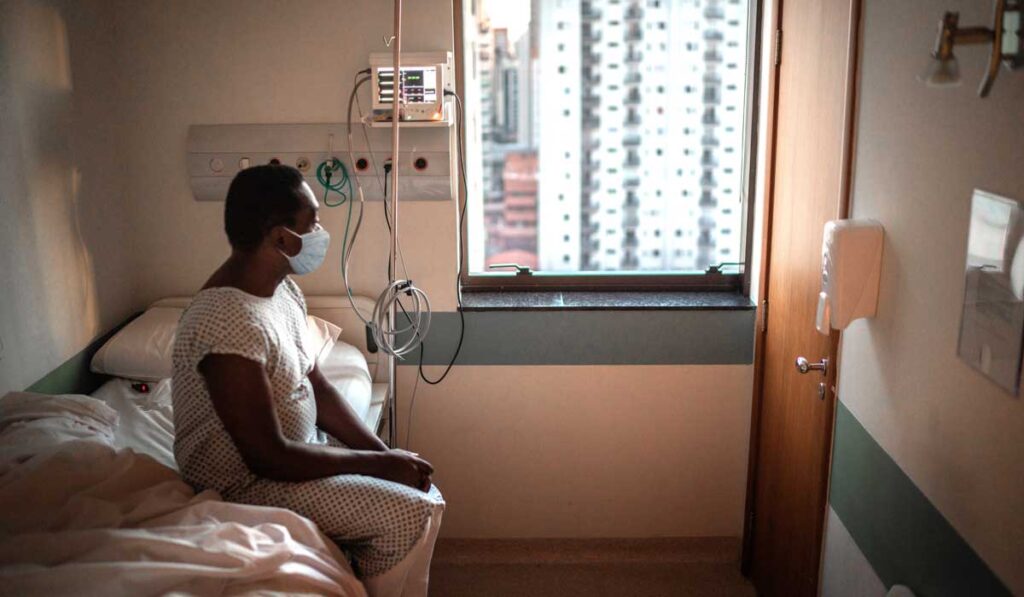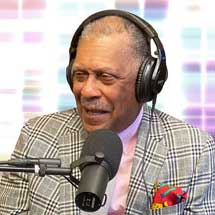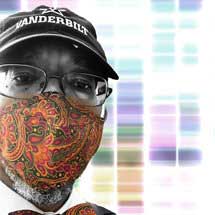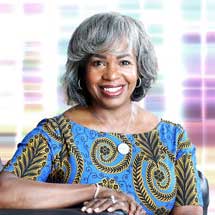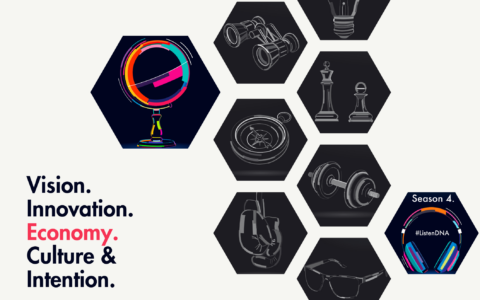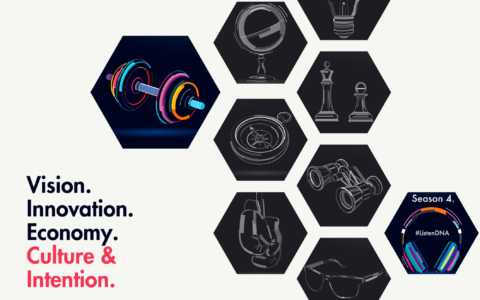The past few years have been pivotal as societies and institutions confront racism, bias and the role of inclusion in the U.S. health care system.
The dialogue in this episode is a tiny sliver of the discussions and reflections happening publicly and privately all over the country as the deaths of George Floyd and Breonna Taylor and the unequal brunt of COVID-19 throw a harsh light onto generations-old divisions in the U.S.
The violence of 2020 ignited new rounds of enterprise-wide conversation and commitments that dovetail with countless projects, studies and initiatives to understand discrepancies in health equity — and how to correct it.
The guests in Episode 8 — a cardiologist, a pediatric trauma surgeon and a director of innovation — are optimistic about the potential for lasting change. They say there’s plenty of work to be done and it’s urgent to act fast and intentionally. (17:00)
‘I’m going to give it a shot because that Dr. Superman guy said I could.’
Jeffrey S. Upperman, M.D., who joined Monroe Carrell, Jr. Children’s Hospital at Vanderbilt in November 2019 as the Chief of Pediatric Surgery, is itching to go out into Nashville’s classrooms. He knows there are students who need to have the seed planted that someday they can replace him in the operating room. (28:30)
“I look forward to interacting with young people again, to talk about how they’re a part of the solution, how they have a job to do, how it’s not just about showing up on the T.V. set on Sundays,” Upperman said. “It’s really about being ready to take care of business on Mondays, Tuesdays, Wednesdays, Thursdays, etc. I use the analogy of sports and surgery because I want those young men to understand that there are other sports that are out there, and there’s some sports out there that may be even easier to get into the NBA.
“And the ratios or the facts would show that, you know, it’s one to maybe even tens of thousands to go from dribbling in the local YMCA to showing up on a Sunday afternoon. But to be a neurosurgeon, it’s actually an easier deal to do — even though one might perceive that it’s harder to do. It’s really not and it’s just changing the equation.
“All I need when I go into a classroom is just one kid — just one kid — to imagine the possibility and say, ‘You know what, I’m going to give it a shot because that Dr. Superman guy said I could do it.” (30:36)
It’s Time to Confront the Issues
Kristy Sinkfield, Director of Strategy and Innovation, thinks that the guttural reaction to Floyd’s death was perhaps unavoidable given the speed at which news and video dart across digital networks. Still, she ponders how the inequities revealed by COVID-19 inflamed the anger just as nearly all other parts of life came to halt under pandemic mitigation responses. (12:50)
“Who’s to say? I’m not sure if there was no COVID if we would have the conversation, but you know, maybe we would have,” Sinkfield said. “The George Floyd travesty tragedy — murder — was like the straw that broke the camel’s back because we — you’ve heard the names. These murders have occurred for over 400 years. Did COVID help? Did it give us an opportunity? Because we couldn’t do anything else to really pay attention? I think so. Would it have happened? Would we have paid attention anyway? I’d like to hope so. I’d like to believe so. That’s an interesting question; I don’t think I have a sure-fire answer for. …
“There’s nothing at all we can do to wave a magic wand or do anything to make (the pandemic) go away. And so, since we’re in this forced pause, I would like us to consider what we are doing as a society to assure that all are being cared for.” (15:33)
‘The world has come to Nashville. And it’s come to most of the South.’
Dr. Andre Churchwell, a cardiologist who is Chief Diversity Officer for VUMC and Chief Diversity Officer at Vanderbilt University, was interviewed for this podcast before people took to America’s streets protesting the death of George Floyd. In the weeks and months since, he’s spoken about race, anti-racism and unconscious bias. (2:52)
Too often, he says, diversity and inclusion efforts get buried under other binders on a bookshelf, only to collect dust. He didn’t want that to happen a few years ago when VUMC embarked on creating a vision. (22:38)
“You know, the issue around diversity and inclusion — has to be diversity and inclusion,” Churchwell said. “You can’t just populate your workforce at the lower levels and say, ‘Boy, I got a diverse workforce,’ but you’re not being inclusive.” (3:18)
Recognizing the reality for what it is and breaking through the unconscious bias that can cloud decision making is key for leaders of any institution or corporation. It’s common sense that diversity is advantageous but in health care, it’s taken reams of research, he said. (0:36)
“(Leaders have) to recognize that the world is here and you can’t prevent the browning of America. Neither can you prevent the fact that the world has come to Nashville. And it’s come to most of the South.” (25:47)
Articles featuring Dr. Andre Churchwell
Online forum on diversity and inclusion attracts more than 750 from VUMC community
Churchwell to lead Vanderbilt’s diversity, inclusivity initiatives in permanent role
Churchwell named to Roundtable on Black Men and Black Women in Science, Engineering and Medicine
Churchwell named to new Chief Diversity Officer role
Articles featuring Dr. Jeffrey Upperman:
Video: Pediatric Trauma: What’s New and Improved?
Upperman to succeed Brock as Surgeon-in-Chief of Children’s Hospital
U.S. Healthcare System Needs Coordinated Response to Potential Pediatric Pandemics
Nashville’s growing like crazy. But who ARE these new people? We talked to 20 who just got here
Articles featuring Kristy Sinkfield:
The impact of racism on African Americans’ health
VUMC Office of Health Equity holds webinar on racism, health and health care

